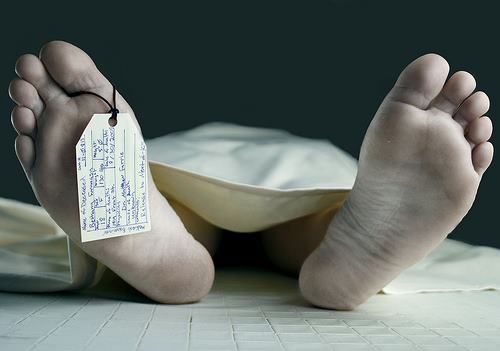The syndrome is named after Jules Cotard (1840–1889), a French neurologist who first described the condition, which he called le délire de négation ("negation delirium"), in a lecture in Paris in 1880.He described the syndrome as having degrees of severity that range from mild to severe. Despair and self-loathing characterize a mild state. Severe state is characterized by intense delusions and chronic depression.
In this lecture, Cotard described a patient with the pseudonym of Mademoiselle X, who denied the existence of God, the Devil, several parts of her body, and her need to eat. Later she believed she was eternally damned and could no longer die a natural death. She later died of starvation.
The central symptom in Cotard's syndrome is the delusion of negation. Those who suffer from this illness often deny that they exist or that a certain portion of their body exists. Cotard's syndrome has been found to have three distinct stages. In the first stage - Germination - patients exhibit psychotic depression and hypochondriacal symptoms. The second stage - Blooming - is characterized by the full blown development of the syndrome and the delusions of negation. The third stage - Chronic - is characterized by severe delusions and chronic depression.
People with the Cotard Delusion often become withdrawn from others and they tend to neglect their own hygiene and well-being. The delusion makes it impossible for patients to make sense of reality, which results in an extremely distorted view of the world. This delusion is often found in psychotic patients suffering from schizophrenia. While Cotard's Syndrome doesn't necessitate hallucinations, the strong delusions are comparable to those found in schizophrenic patients.
